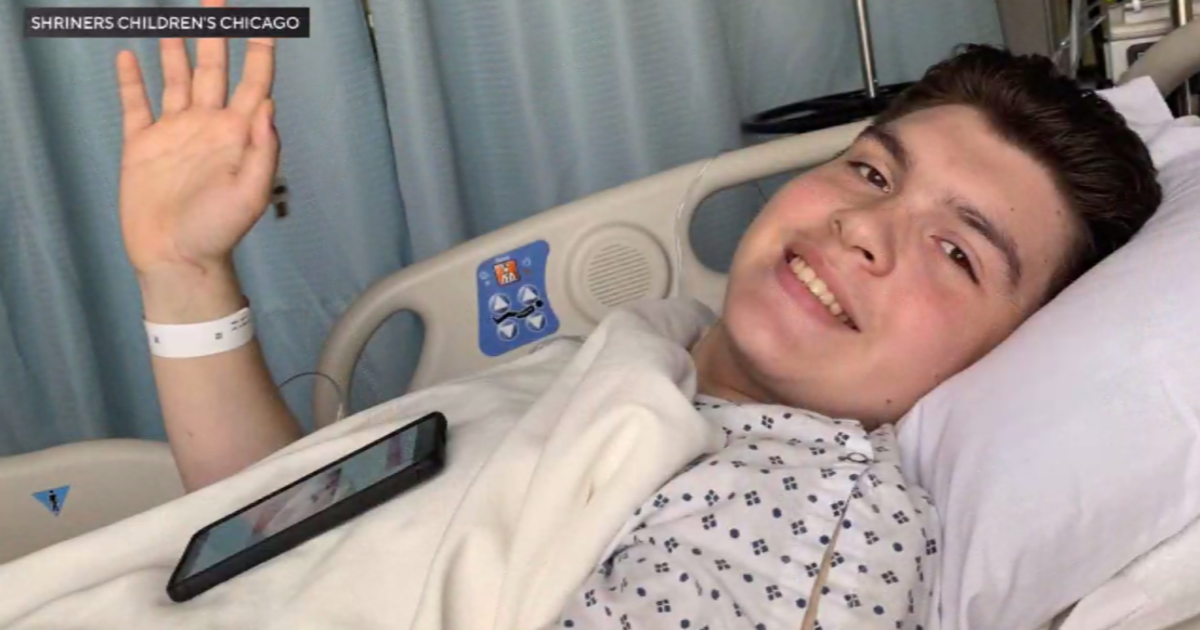Dead Cats At Chicago Animal Care And Control Alarm Volunteers
CHICAGO (CBS) -- Bubbling up at Chicago Animal Care and Control, some volunteers raising concerns about recent cat deaths.
They blame protocols at the shelter. CBS 2 Investigator Megan Hickey is looking into the startling claims.
Three-year-old Hubbard was a volunteer favorite. Playful and curious. Until days after a video was taken, he was found dead in kennel.
"He was being handled without gloves," said Kris Kucharchuk, a cat transport volunteer.
It's a sore subject for cat transport volunteers like Kucharchuk.
"That's how passionate people are," Kucharchuk said.
Justyna Zakaria who helps to transport cats from Chicago Animal Care And Control (CACC) was upset.
"It was just immediate onset and death," Zakaria said.
Because Hubbard tested positive for panleukopenia a highly contagious and often fatal cat virus. Just in the month of December, they were able to confirm that more than a dozen cats who died in their kennels or soon after being rescued from Chicago Animal Care and Control died of panleukopenia.
But when it asked about requiring volunteers to wear (and routinely change) latex gloves at all times, they say they were dismissed.
"So many cats died in that time. Needlessly," Zakaria said.
CBS 2 asked the city what it kept happening and why not have every volunteer wear gloves?
"Well, the spread of disease when people are not using protocols to make sure their hands are clean," said Executive Director Kelley Gandurski said. "So whether or not you're using gloves is not the issue. It's whether or not you're washing your hands between handling cats."
CBS 2 pointed to guidance from several local vets who advise using latex gloves if you don't know the cat's history.
But Executive Director Kelley Gandurski argued:
"There is a big difference between a private veterinary practice and a municipal shelter."
And she said they're using protocols specific to a shelter setting. These volunteers said they just want to save every cat they can.
"What could I have done different? And it's not just one person," Kucharchuk said. "It's the whole team."
CACC's data DOES show an uptick and panleukopenia deaths in November and December but it argues is is also testing more cats than in years before.
In a statement, CACC said:
"Ensuring the highest quality, humane and safe care for animals is the top priority of the Chicago Animal Care and Control (CACC). In addition to following industry best practices, our team works hand-in-hand with Shelter Medicine Experts to formulate and regularly review sanitation and medical protocols in an effort to not only minimize the spread of disease but move cats out of the shelter as quickly and safely as possible.
"Over the last two months, CACC has tested 24 felines and all tests have come back negative for feline panleukopenia virus. On top of that, thanks to our network of committed volunteers, advocates and rescue organizations, CACC has released more cats out of shelters than ever before through adoptions and rescue groups."



